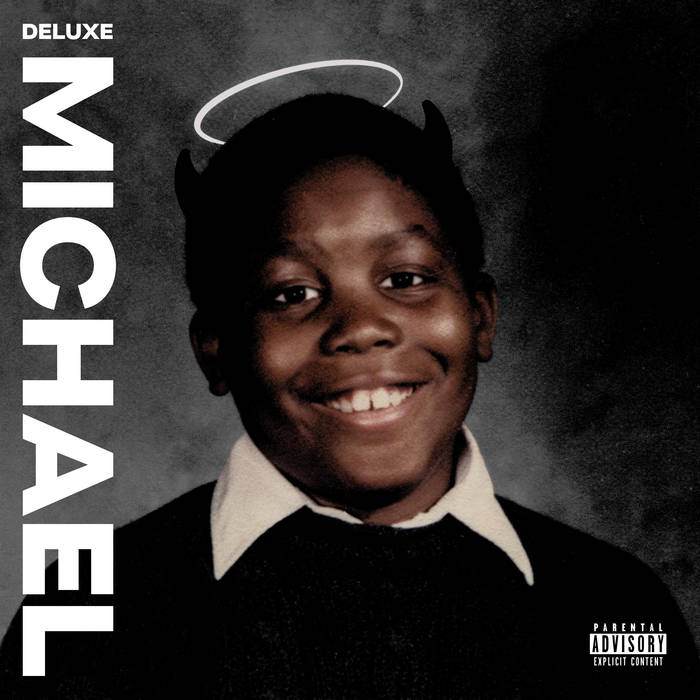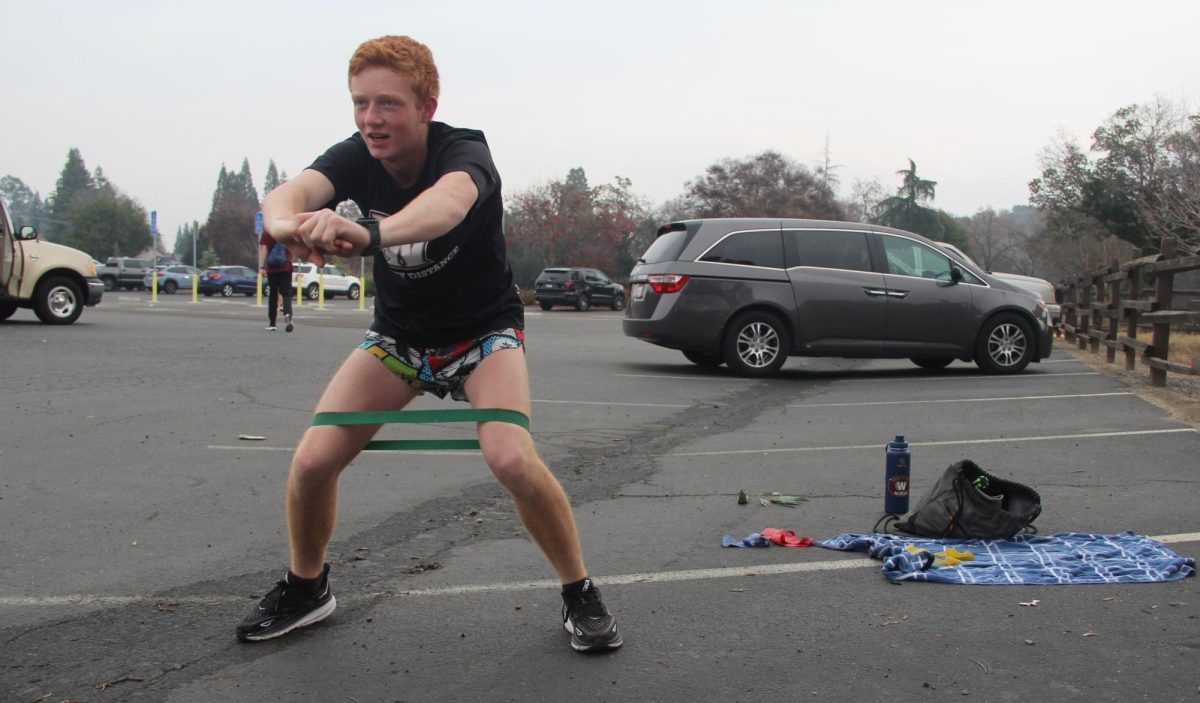
“Tears, they would sneer, are the indulgences of those who haven’t suffered enough,” So is said in the survival of the fittest-oriented red light districts of Mumbai; the world in which Leela, the heroine of Sonia Faleiro’s journalistic novel “Beautiful Thing”, thrives in her work in the notorious and unforgiving sex industry.
Nineteen year-old Leela loves McDonald’s, manicures, and Bollywood movies. She dreams of financial security and a fairytale marriage. Her dainty exterior and innocent self-indulgences, however, are sustained through her job at a brothel called Night Lovers, operated by a pimp named Shetty and packed to the brim with sexually frustrated husbands, police officers and working professionals.
Her story is also chronicled through the narrative of the many people around her: her mother, Apsara, and her best friend Priya. Several eunuchs, transvestites and sex workers in different villages or living quarters speak their otherwise unheard voices within the context of Leela’s life.
Sonia Faleiro wrote this nonfiction journalistic feature with the verbiage and appeal of a novel. It took five years of research, and in that time an entire universe was opened up. And that universe opened my eyes up to more than I could ever expect. I felt, with every poignant recount of the plight of these people, like I was the one interviewing them in the place of Faleiro. The tears they wept in the midst of their suffering carried over to my eyes as well.
The most important issue this book brings up is women’s rights. It’s pretty much an overarching theme throughout the entire novel. It’s also evident in the world we see today; too many crimes against women occur. Rage against the female sex triggers sexual assault and violence, “slut” shaming, dehumanization, female infanticides and much more. In several cultures it’s been established that the male sex is the dominant one and women are simply vessels to help men release their sexual tension and manufacture children – male children, in particular (at least in India and many other parts of Asia).
The police officers in this book are men. The brothel owners are men. The fathers and husbands who thrust upon their daughters and wives this lifestyle are men. Men reside over every breath made by these girls. There’s nowhere to turn to for them because at every corner, there is another man willing to leash them.
However, there is a side to “Beautiful Thing” that empowers women. Leela herself is powerfully seductive and charms men into buying her gifts and other such trinkets she desires. She knows how to wrap them around her finger. There is also brothel owner mentioned who is female, and she clasps desperate men in the palm of her hand. Even though many don’t consider female empowerment within the realms of sex work to be particularly commendable, it’s a significant feat in a country considered the fourth most dangerous place for women. A place where a woman is a valuable product first owned by her father, then her husband, then her sons who take after her husband.
Overall, I highly recommend “Beautiful Thing” to everyone. Literally anyone that can read at all should read this book. Why? This isn’t a cute fictional Nicholas Sparks story, or a fantastical thriller filled with unicorns and sorcerers. This is real life. This is what millions of girls go through every day. When confined in our comfortable little bubble, we often take what we have for granted and do not realize the plight others face. It’s important to be aware of such travesties upon humankind and understand their impact. This isn’t only Leela’s issue, it’s a global issue. It’s our issue.
by KAVLEEN SINGH







